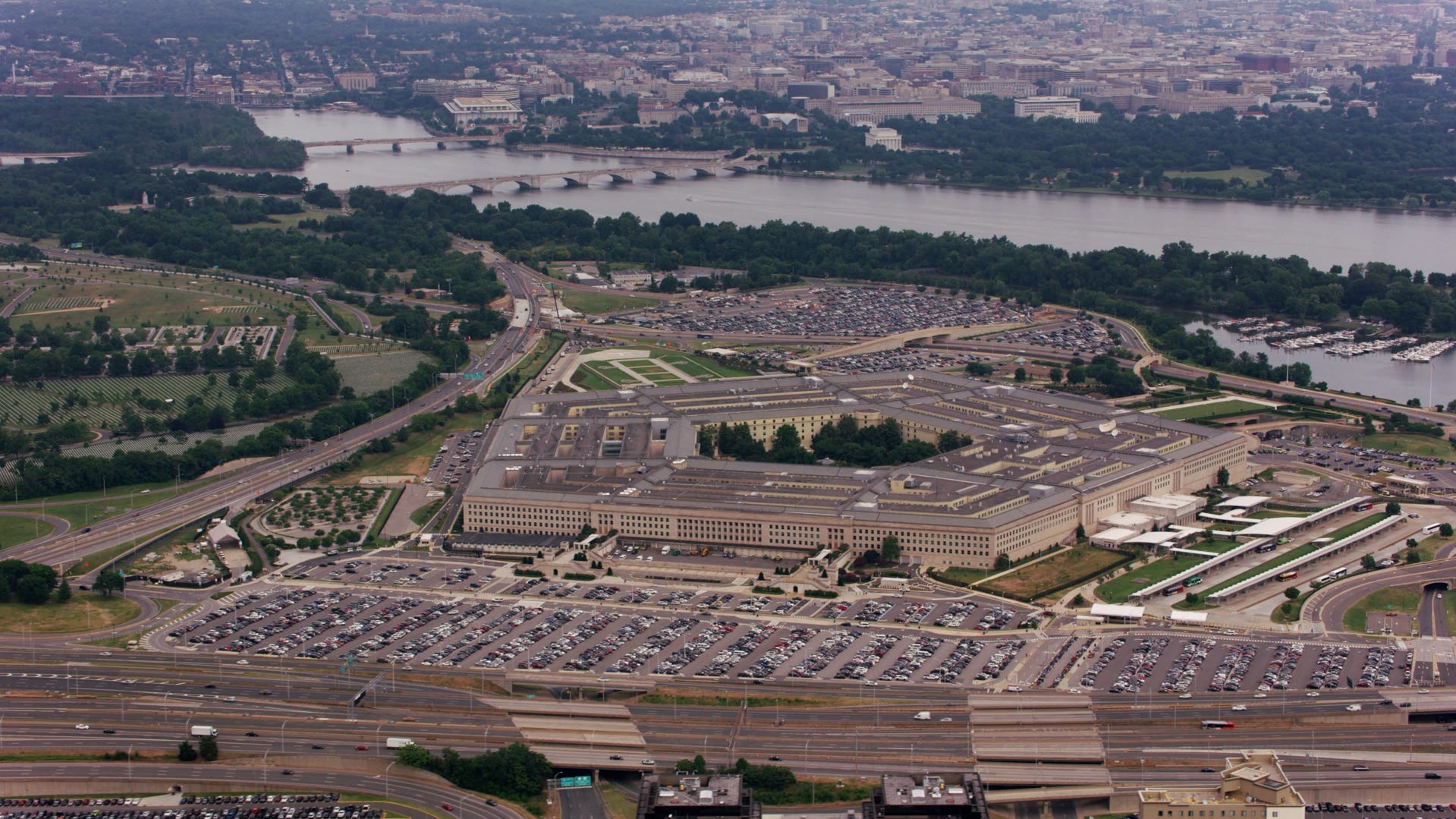The Trump Signal leak, that cringey ‘fire’ emoji and the perils of large group chats

Some use fire emojis to flirt. Others, to discuss an airstrike.
Controversy has erupted in Washington, D.C., after a journalist was apparently added by accident to a group chat with several high-ranking government officials, including Vice President JD Vance, Defense Secretary Pete Hegseth, Secretary of State Marco Rubio, CIA Director John Ratcliffe and Director of National Intelligence Tulsi Gabbard.
The Atlantic's editor-in-chief Jeffrey Goldberg revealed the security breach in a first-hand account detailing how Trump's national security adviser, Mike Waltz, mistakenly invited him into the chat on Signal, a publicly available encrypted messaging app.
Goldberg shared screenshots from the group chat in his article about the ordeal, including one in which Waltz appears to respond to news of an airstrike with three emojis: a fist, an American flag and fire.
Melvin Williams, a professor of communication and media studies at Pace University, encourages people not to underestimate the meaning of these emojis, which carry powerful cultural language. The fact that emojis are now getting shared in conversations about national security among high-ranking officials shows just how mainstream they've become − and how it's ever more important to choose your words, and your emojis, carefully.
"Decisions were being made on some level not only through the words that were being shared, but (through) the symbolic content, like the emojis," Williams says.
Why the emojis in the leaked Trump group chat matter
Unaware the reporter was in the chat, the officials plotted U.S. airstrikes on Iran-backed Houthi sites in Yemen that took place March 15. The conversation culminated with Hegseth, hours before the airstrikes, sharing secret plans ‒ including targets and attack sequencing ‒ in the chat, according to Goldberg.
Williams says there's a lot to unpack with the group chat debacle. The whole thing, he says, should serve as an important reminder about maintaining secure channels of communication. It's a tough lesson to learn, but the truth, he says, is that people get mistakenly added to group chats all the time, and it's something everyone − politician or not − should be mindful of.
"The Signal group chat leak really speaks to the fragility of mobile media-based group chat applications and their, really, inability to truly offer private, secure and impenetrable spaces for conversations on any topic," he says. "This is something that naturally happens in these group chats. People make these types of mistakes all the time."
The emojis shared in this particular group chat, Williams says, reveal a specifically millennial way of conducting important negotiations. While a group chat might seem inappropriate to older generations, Williams says that, for the millennial generation − of which the 40-year-old Vance is a part of − as well as for Generation Z, hashing out important matters over group chat is pretty common.
"He is the first millennial generation cohort member to serve in the capacity of vice president of the United States," Williams says of Vance. "A major pillar of millennial and Generation Z members has been the usage of group chats and other social and mobile media group applications to handle official business. And, in these group chats, they often use and rely on internet speak tactics, like the usage of emojis to communicate their emotions, their agreements and their disagreements."
It's also important to note, he says, that every group chat has its own culture, whether the people in the chat are consciously aware of it or not.
While it's impossible to know for sure what Waltz specifically meant by his emojis, Williams says some context clues may reveal meaning. The fist emoji, he says, has become quite synonymous with Trump, after he raised his fist in the air upon surviving an assassination attempt on the campaign trail.
The American flag, Williams adds, also may harken back to this moment, as well as speak to Trump's "Make American Great Again" slogan.
The fire emoji could mean any number of things − a sign of approval, a sign of celebration, a nod to the airstrike or something else entirely.
Ultimately, the people in the chat likely know better than anyone else.
"It comes down to the person," Williams says of emojis' meaning. "All group chats have a culture that is created among the participants where they have their own coded language for in-group members that out-group members won't get."
Contributing: Joey Garrison and Savannah Kuchar, Paste BN